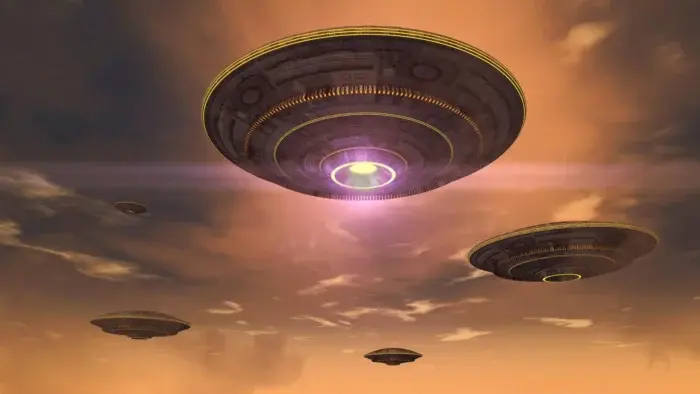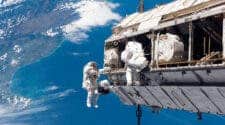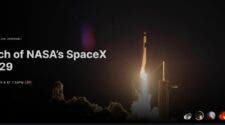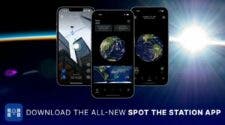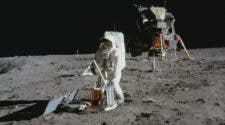NASA is not taking the UFO research lightly. In June, NASA announced that it would be conducting a scientific study of UFOs, or, as they were recently renamed UAPs (Unidentified Aerial Phenomena). NASA said at the time that the main goals were to identify and characterize existing UFO data. It will also develop the best ways to collect observational data in the future. Furthermore, the study will determine how the agency could use the data to advance its understanding of these puzzling skyscapes. The research will be led by astrophysicist David Spergel, owner of the Simons Foundation in New York City. The project should cost no more than $100,000, will run for about nine months starting this fall.
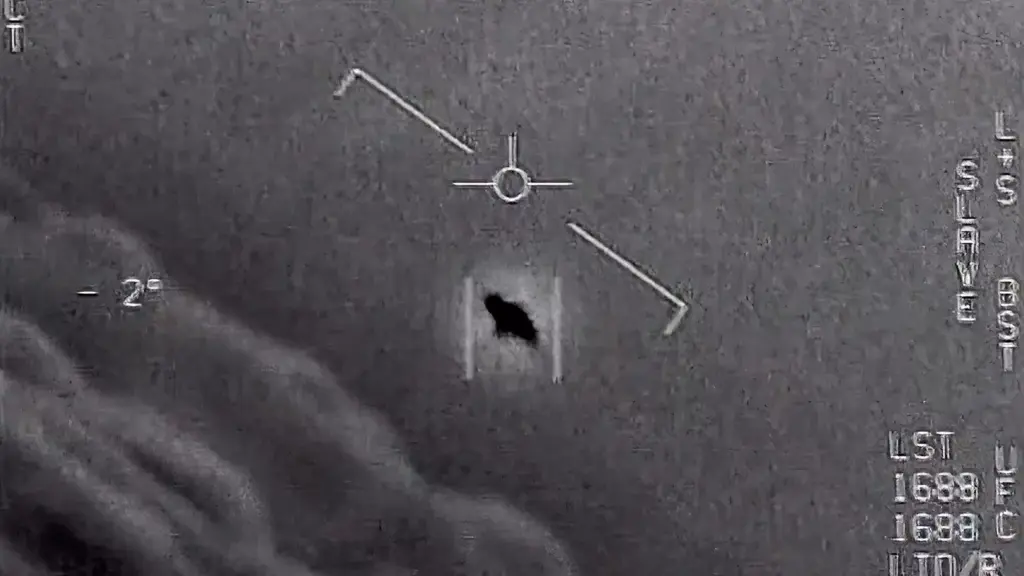
NASA is making UFO research (UAP Research) a priority
NASA is working hard to maintain that schedule, NASA officials said Wednesday at a “town hall meeting” where the agencies discussed various projects for the Science Mission Directorate (SMD). “We’re going all out” to prepare for UAP research, Daniel Evans, SMD’s assistant deputy assistant administrator for research, said at Wednesday’s meeting. “It’s really important to us, We make it a high priority.”
Evans adds that the research team will consist of 15 to 17 people. Those people, he said, will be “some of the world’s leading scientists, data practitioners, AI practitioners, space safety experts. All will have a specific mission of telling us how to apply the full focus of science and data to UAP”.
Evans and his team have already identified the best candidates for the group and plan to have NASA Administrator Bill Nelson lead the study after the meeting. According to Evans, his plan is for everything to be over by October. However, he believes that the team can conclude the work even faster.
NASA officials claim they hope the research will help bring UAP research into the realm of rigorous, objective mainstream science.
“NASA is really in a unique position to solve the UAP problem…”. The organization knows how to use tools of science and data to discern what’s possible in the sky. Thus, it is in a better position for this sort of study.

